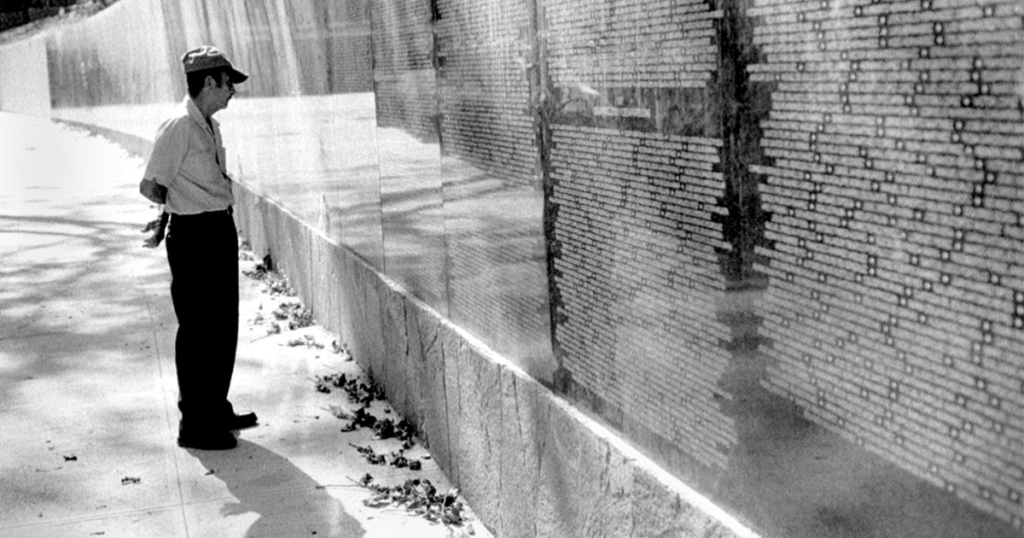
Since El Salvador has been in the news lately, I thought I should talk a little about what it was like during the civil war there in the 1980s. Between 70,000 and 80,000 people died during the war, and since the country had a population of only four million and was about the size of Massachusetts, you can imagine how terrifying it must have been to live there.
Violence by Salvadoran military and paramilitary groups was pervasive. Peaceful protesters were mowed down in the streets. Male university students were taken from their classroom seats, shot in the head, and then thrown into Lake Ilopango.
Girls in their leotards were whisked from ballet classes and then raped and beaten before being left on the streets.
So many decapitated and tortured bodies were found in the gutters of the capital that journalists would go out each morning on what they called Dawn Patrol in order to count and photograph them.
Politicians were executed in their homes in front of their families. Priests and nuns were tortured and lined up to be shot, including six Jesuits, their housekeeper, and her daughter. Four American churchwomen suffered the same fate, except that they were also raped.
Journalists who interviewed guerrillas were sometimes treated as enemy combatants and killed. Even ordinary citizens, like my Salvadoran minister, were tortured by police, who tied plastic bags filled with toxic powders around their heads. My minister survived, but his brother was shot to death.
All the violence in El Salvador was not done by the military, of course. My friend Lt. Col. Ricardo Cienfuegos, chief spokesman for the Salvadoran Armed Forces, was shot in the back of the head and killed by a guerrilla. My friend was simply sitting on a bench and waiting for a tennis court to open.
But international human rights organizations annually reported that the vast majority of murders and other crimes were committed by the Salvadoran military and police.
What does this have to do with us?
Well, the United States was the primary source of weapons, supplies, and technology for the Salvadoran military and security apparatus. We provided hundreds of millions of dollars for helicopters, bombers, machine-guns, grenades, recoilless rifles, food, shelter, uniforms, canteens, and underwear. We trained uniformed Salvadoran military personnel on the ground.
We left murderous military commanders in control of the government, even after a principled civilian president had been elected. We didn’t have the courage to stop the commanders or their carnage. So in many ways it was our war as much as it was theirs, and the same could be said of the horrendous crimes that they committed. It bears remembering, at a time when their future in the United States is in question, why so many Salvadorans were given visas to live here in the first place.
If El Salvador was a shithole in the 1980s, it was because America dug it for them and threw them in it.
I think we owe them something for that.
Respect is not much, but it might be a start.


